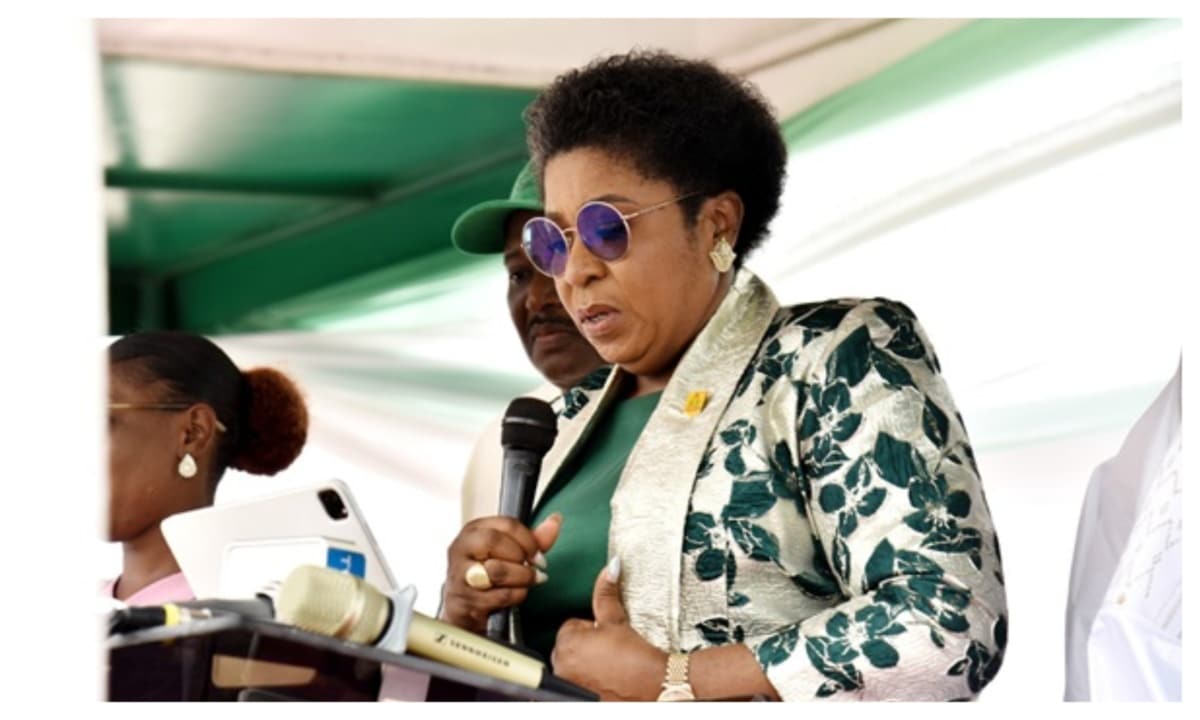
A stark warning has been issued regarding the alarming decline in mathematics proficiency among Nigerian students, with a prominent expert, Mrs. Ifeyinwa Madu, cautioning that this trend poses a significant threat to the nation’s aspirations in Science, Technology, Engineering, and Mathematics (STEM) careers.
Mrs. Madu, a Chief Lecturer at the Federal Polytechnic Bauchi and a researcher at Morgan State University, USA, voiced her concerns during an interview with journalists in Bauchi. She highlighted that the persistent struggle of Nigerian students in mathematics is directly impacting the pipeline of future professionals in critical fields such as engineering, accounting, and computer science.
To underscore her point, Madu referenced recent WAEC statistics for the 2024 WASSCE, revealing that only 72% of candidates managed to pass both English and Mathematics. Disturbingly, this means over half a million students failed to meet this fundamental benchmark.
According to Madu, the problem stems from a confluence of factors, including “weak educational foundations, poor policies, and negative societal attitudes toward mathematics.” She strongly advocated against solely blaming teachers, emphasizing that parents, students, and government agencies must share the responsibility for this collective challenge.
In her call for urgent action, Madu urged the Nigerian Educational Research and Development Council (NERDC) to undertake a comprehensive review of the current mathematics curriculum and champion significant reforms. She also stressed the importance of improving remuneration and working conditions for teachers to attract and retain top talent in the teaching profession.
“The failure in mathematics is killing studentsí dreams in STEM,” Madu asserted, warning that industries reliant on strong mathematical skills are already experiencing the adverse effects.
Beyond the academic sphere, she appealed to parents to cultivate discipline in their children and to discourage the glorification of fraudsters. Furthermore, she called upon Nigerian professionals living abroad to lend their support to initiatives aimed at revitalizing the country’s ailing education sector.








